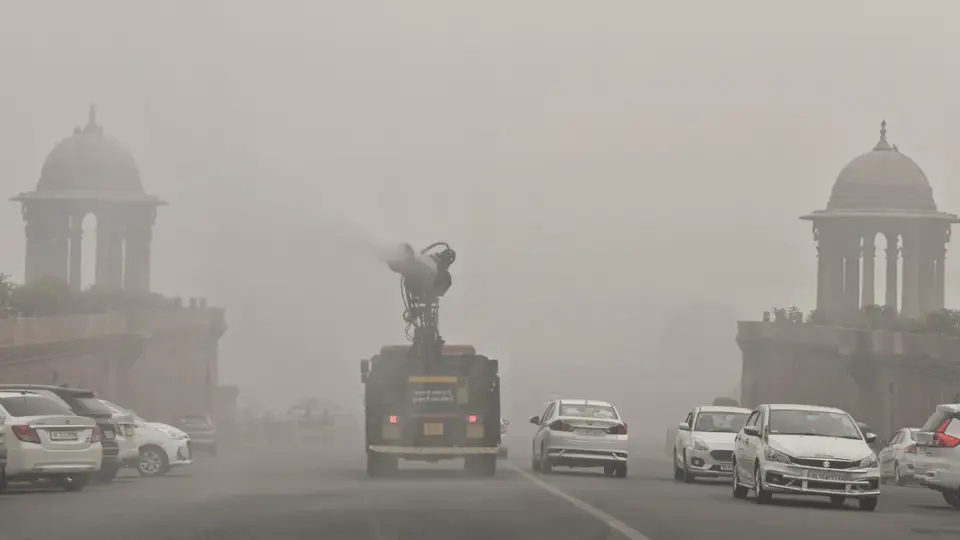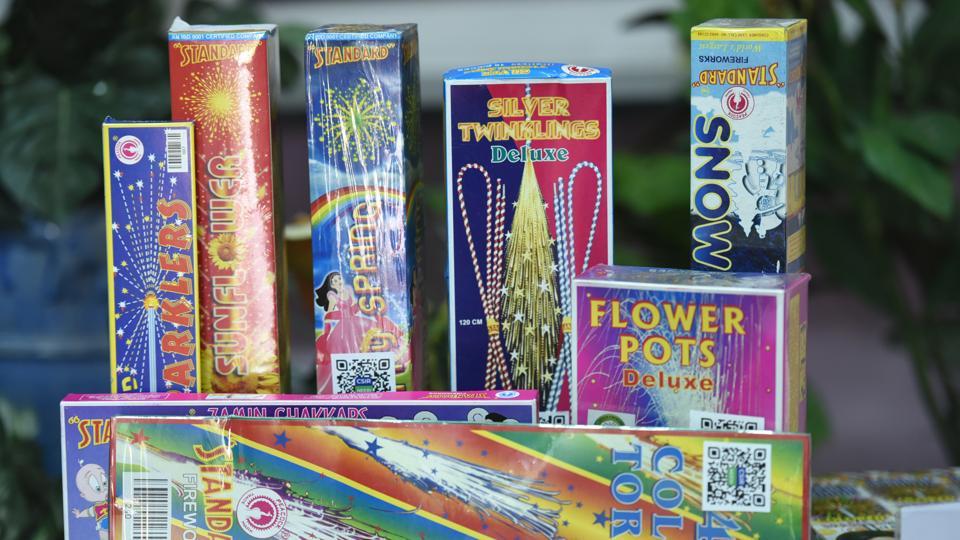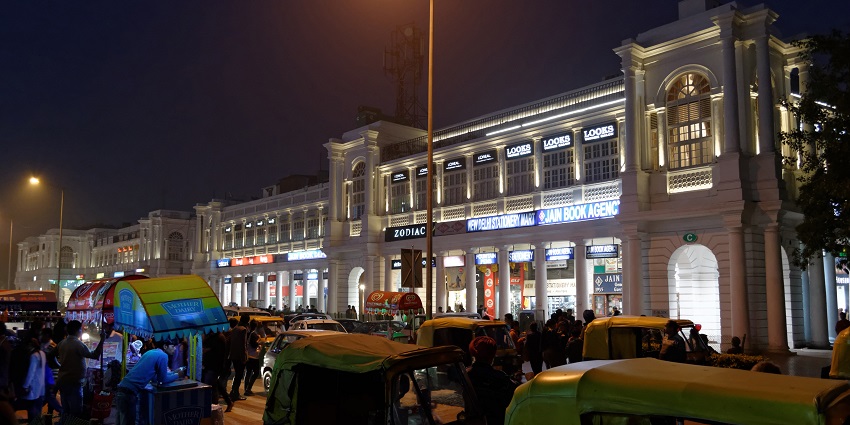
Restrictions on Buses Entering Delhi-NCR from Nov 1: CAQM Directs Haryana, Rajasthan, UP
The NCR region’s cities and towns in Rajasthan, Uttar Pradesh, and Haryana will only be served by electric, CNG, and BS VI-compliant diesel buses starting on November 1, according to an announcement by the Commission for Air Quality Management (CAQM).
According to various sources, the panel’s action is to reduce air pollution in the area, which is brought on by the diesel-powered buses that operate there. The ultimate goal is to switch to electric cars.
The Center said in April 2020 that all cars sold in India would have to meet Bharat Stage-VI (BS-VI) emission regulations in an effort to lower pollution levels.
Legal restrictions on the number of air pollutants, such as carbon monoxide and particulate matter, that Indian cars are permitted to release are imposed by the Bharat Stage emission regulations. These regulations are meant to enhance engine design, fuel economy, and pollution control.
Automobile manufacturers produce cars that comply with these new regulations, while oil firms sell fuel that meets BS-VI requirements, which is referred to as the cleanest fuel in the world.
Environment Minister Gopal Rai stated that the Delhi administration is operating in accordance with the winter action plan that Chief Minister Arvind Kejriwal unveiled last month in response to citizens’ worries about the increase in pollution in the nation’s capital. The environment minister stated, “CM Arvind Kejriwal announced his 15-point winter action plan on seeing the report of rising pollution every winter,” according to various reports.
The government of Delhi is operating on the strategy. Thirteen specific squads have been developed for the hot zones. These groups are concentrating on the hotspot-specific action plan. In regards to burning stubble, the stubble is broken down using biodecomposers.



